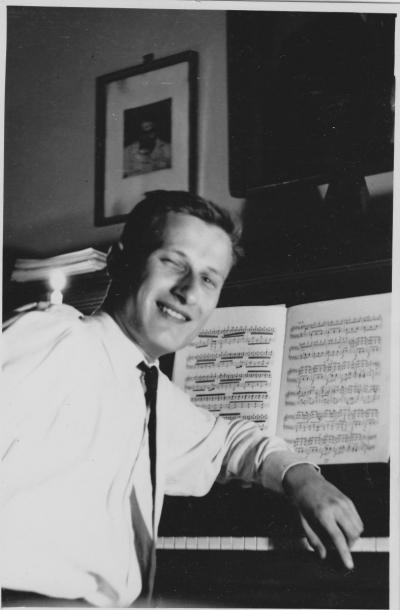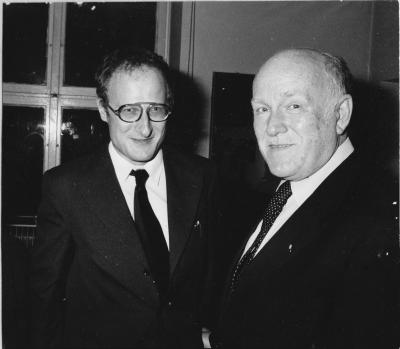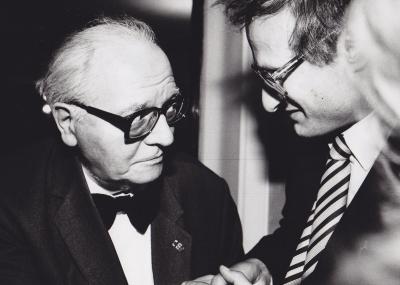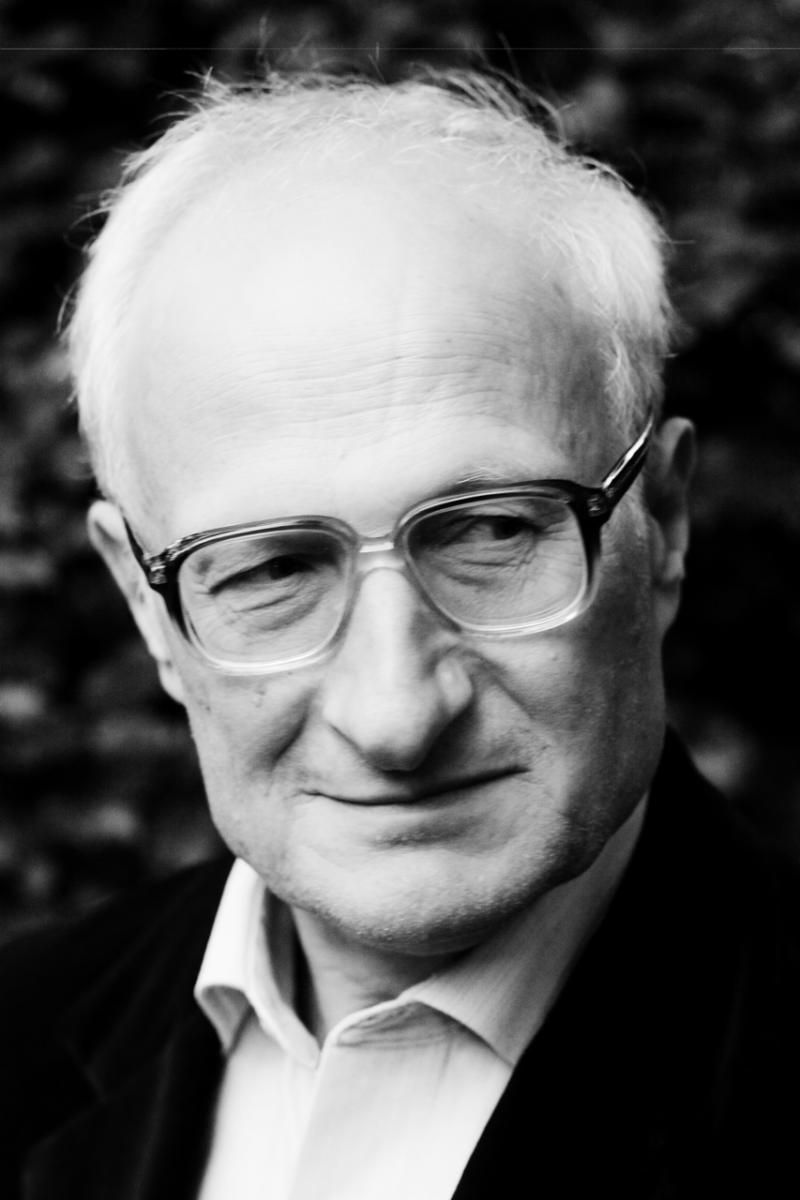Krzysztof Meyer
Mediathek Sorted
















Krzysztof Meyer - Radio play in German

















To be a composer you must ‘be born՚, but to pursue the profession you need to master a few skills,which Krzysztof Meyer did under the supervision of Stanisław Wiechowicz. After his teacher’s death, Meyer completed his studies in the class led by Krzysztof Penderecki and was awarded a diploma from Kraków‘s State College of Music (now the Academy of Music in Kraków). He was also supervised by Nadia Boulanger in Paris and Witold Lutosławski in Warsaw. He then taught himself: firstly theoretical subjects at his alma mater in Kraków, and later composition at the Hochschule für Musik in Cologne (1987-2008).
He made his debut whilst still a student at the IX ‘Warsaw Autumn’ festival in 1965 with his String Quartet No.1. He was, at the time, the youngest composer in the history of the festival. Meyer’s works from the 1960s were characterized by their diversity of sound which was typical of the ‘Polish school՚ of the avante-garde at that time. The sounds were often so unconventional that it was as if they were born from dissatisfaction with already existing instruments and traditional ways of playing. His works perfectly fitted into the repertoire of festivals of new music and, as a result, this drew attention to the composer.
In later works, Meyer gradually limited the multitude of sonic ideas. He increasingly focussed on the drama and expression as understood in a traditional way although avoiding romantic effects. The composer decided that music composed with contemporary language can also provide listeners with a deep experience and give the performers the pleasure of playing the music (and thanks to this his works have been performed by such artists as David Geringas, Heinz Holliger, Ivan Monighetti, Aurele Nicolet, Peter Pears, Boris Pergamenschikow, Dmitry Sitkovetsky). Initially, as he has explained, he created ‘stories told through sounds՚. Over the years, the ‘stories՚ became more and more dramatic and the ‘sonic narrative’ gave way to mood. These effects were enhanced, in particular, by the orchestra being like one huge instrument, in which the variety and the way of transformation in the colours and dynamics depends only on the fantasy of the composer. These pieces have often been included in concert programs addressed to regular concert-goers.

























































































